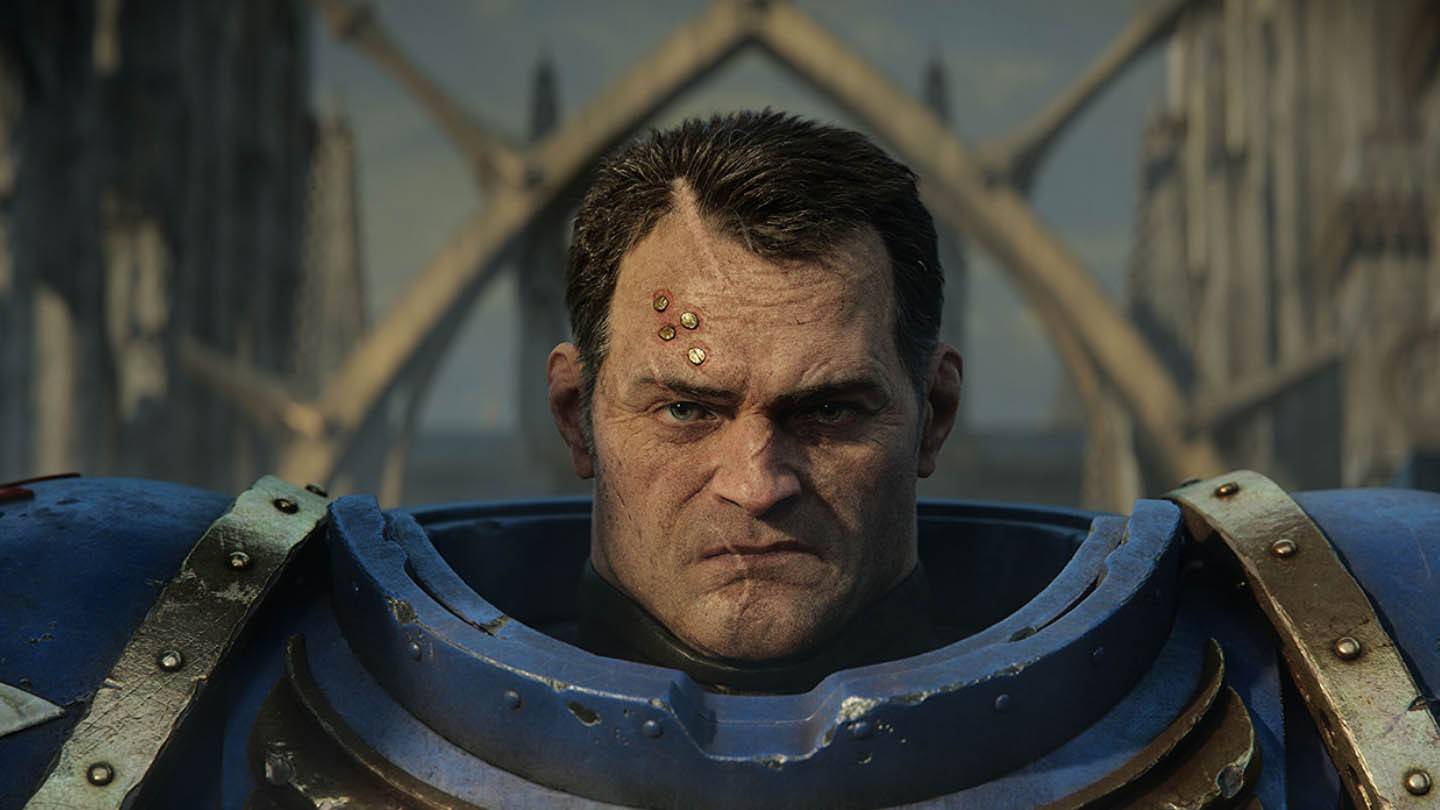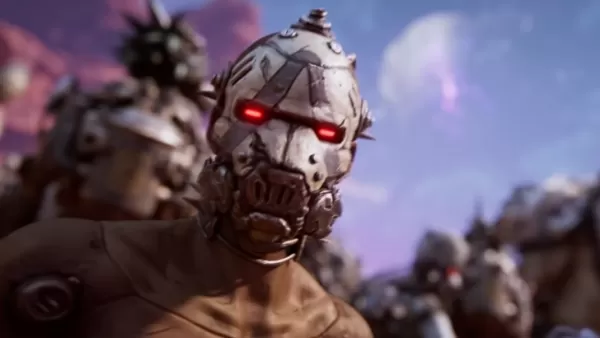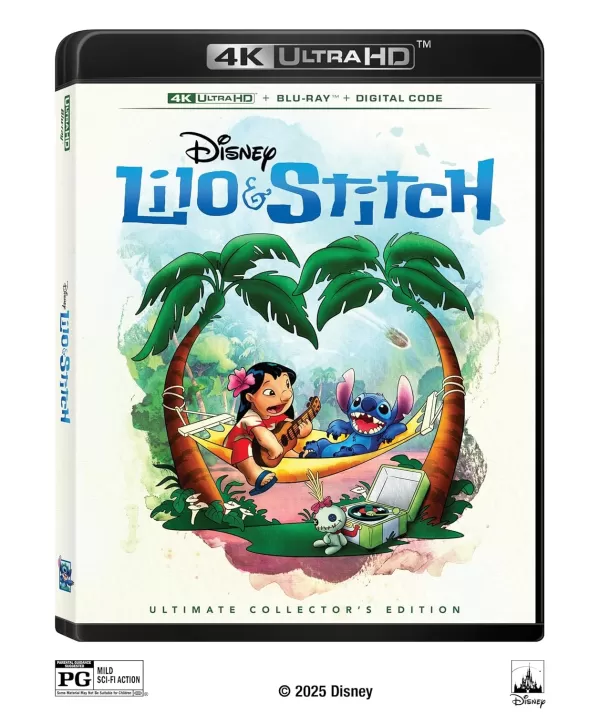
In a recent discussion, Matthew Karch, the head of Saber Interactive, shared his perspective on the future of the gaming industry, suggesting that the era of high-budget AAA games might be drawing to a close. Karch, whose company developed Warhammer 40,000: Space Marine 2, expressed concerns about the sustainability and necessity of games costing $200 to $400 million to produce. He argued that such enormous budgets are not only unnecessary but could also be a significant factor contributing to widespread job losses within the industry.
The term "AAA" was traditionally used to denote games with substantial budgets, exceptional quality, and a low risk of failure. However, according to many game developers today, the term has lost its relevance. It's now often seen as a marker of a race for profits that sometimes compromises quality and innovation. Charles Cecil, co-founder of Revolution Studios, went as far as calling the term "silly and meaningless," pointing out that the industry's shift towards large investments by major publishers has not always been beneficial.
Cecil emphasized that the term "AAA" is a relic of a time when the industry was undergoing changes, but not necessarily for the better. He cited Ubisoft's Skull and Bones as an example, a game the company boldly labeled as a "AAAA game," highlighting the absurdity of such classifications in today's context.
For gamers and industry watchers alike, these insights from seasoned professionals like Karch and Cecil offer a critical perspective on where the gaming industry might be headed. As the industry evolves, it's clear that the focus may shift from chasing ever-increasing budgets to fostering innovation and sustainable practices that benefit both developers and players.


 LATEST ARTICLES
LATEST ARTICLES 












